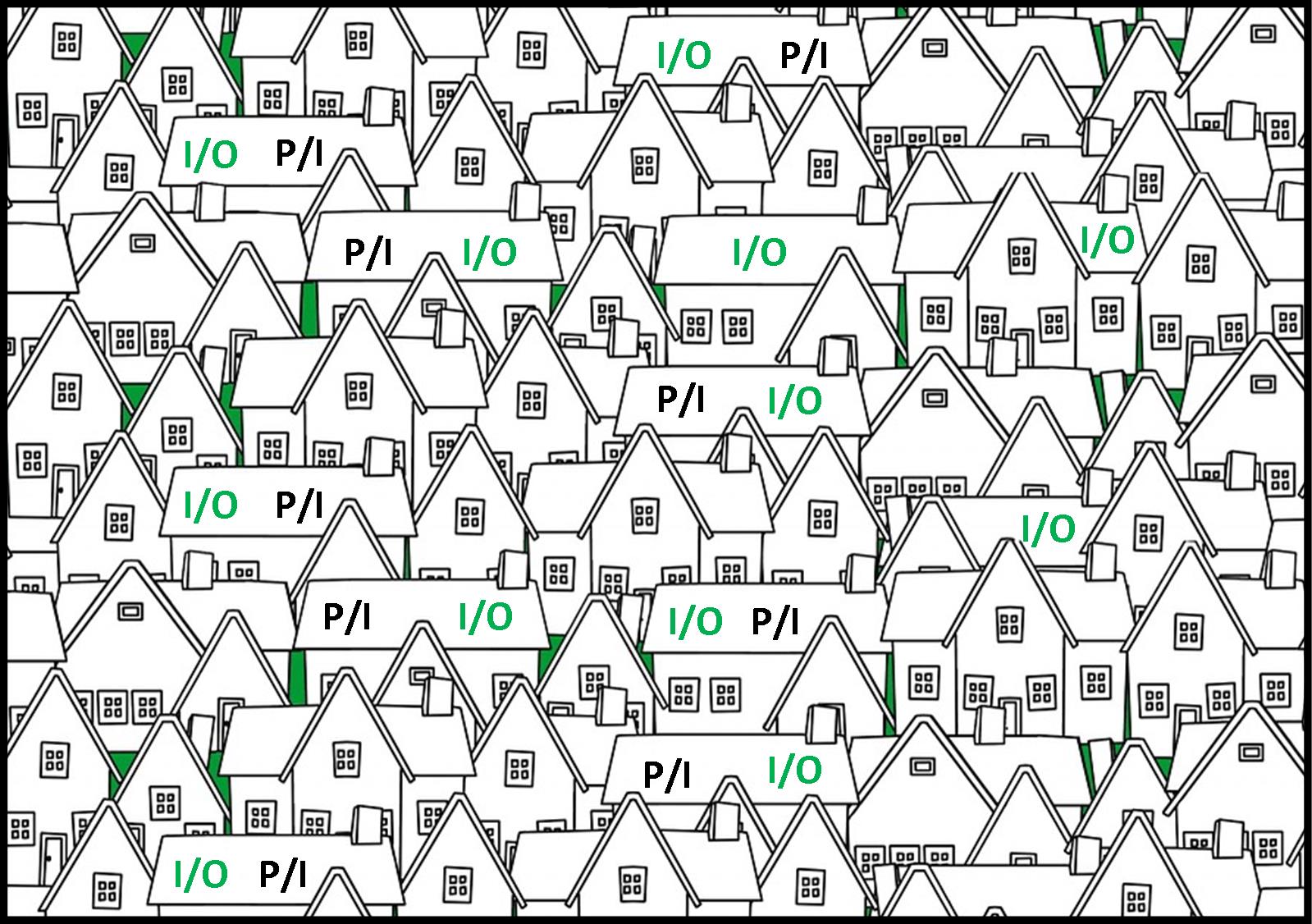 If you choose to make Interest Only repayments on your owner occupier loan, you’re not actually paying down any of the principle loan amount. So, why would you choose to make Interest Only repayments instead of Principle and Interest if you’re trying to own your home sooner?
If you choose to make Interest Only repayments on your owner occupier loan, you’re not actually paying down any of the principle loan amount. So, why would you choose to make Interest Only repayments instead of Principle and Interest if you’re trying to own your home sooner?
If you’re using an offset account and building up the cash you’re saving, Interest Only repayments can provide great flexibility on your owner occupier home loan.
Here are a few situations when Interest Only repayments can be a good option.
1. You anticipate a period of reduced cash flow
Interest Only repayments are lower than Principle and Interest repayments. So if you’re expecting cash flow to be tight for a period of time, Interest Only repayments might help ease pressure over a specific time frame.
However, you need to make sure you’re actually saving the difference in a linked offset account. Otherwise, you’ll end up paying more interest over the long term.
2. There’s a chance your current home will become an investment property
If there’s a chance your existing home will become an investment property in the future, making Interest Only repayments now can provide benefits later on.
But how?
The answer is related to the concept of good debt and bad debt, with the aim to maximise the ‘good debt’ and minimise the ‘bad debt’.
Debt raised to pay for something that generates income – like an investment property – is generally considered ‘good debt’ because it has taxation benefits associated.
Non deductible (or personal) debt is considered ‘bad debt.’ There are no taxation benefits with bad debt because it’s been used to pay for something that does not generate income, like an owner occupier home for example.
If you choose to make Interest Only repayments on your home loan now, you won’t actually pay off any of the loan. But this is not necessarily a bad thing when this property becomes a rental property later on, because it means you are able to claim interest on a larger loan amount.
There’s a catch though.
This strategy only works if you’re saving the difference between what you pay in Interest Only repayments and would you would pay if you were making Principle and Interest repayments and putting it into an 100% linked offset account. If you use this cash as your deposit on a new owner occupier purchase, it will help you keep your new owner occupier loan (i.e. bad debt) as low as possible.
If you make Interest Only repayments on your owner occupier home but don’t follow through with the rest of the plan (i.e. building up your savings!), you will end up paying more interest and have higher debt levels over the long term.
What if I change my mind and don’t end up renting out my property?
If it turns out that your existing property doesn’t end up becoming an investment property after all, that’s ok because you’re no worse off.
Building up cash in a linked offset account has the same ‘interest saving effect’ as paying the funds directly into your loan. But with an offset account you have the flexibility to use the cash for another purchase later on if you wish.
It’s also important to remember that you can make principle reductions to the loan AT ANY TIME. And if you try Interest Only repayments for a while but decide you want to switch back to Principle and Interest, it’s generally pretty easy to do so.
**Post Update**
This post was published on Sept 19 2016 and since then, the lending environment has significantly changed with regards to Interest Only loan repayments.
For updated information as of August 2018 on Interest Only loan repayments, refer to the Articles
It’s time to stop hitting the snooze button on your Interest Only loans
Interest Only Vs Principal & Interest repayments: Home Loan Review Case Study

